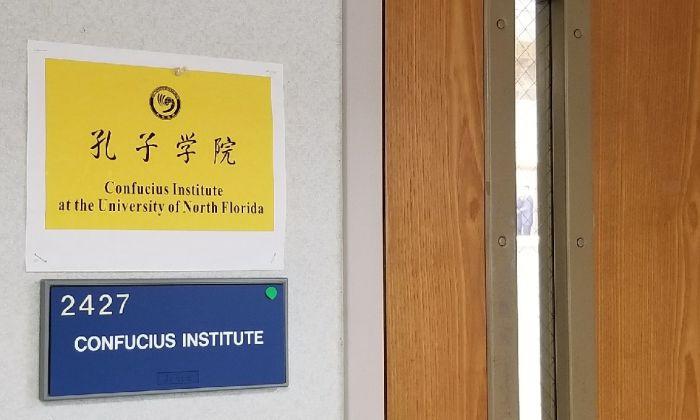TORONTO—A Canadian couple who pulled their daughter from China’s controversial Confucius Institute program at her school in Fredericton, New Brunswick, say they were alarmed that their child was enrolled in the program without their knowledge.
Bronwen Bonney and Parker Coates said the program is “inherently propaganda” and aims to influence people’s views on China, according to CBC.





